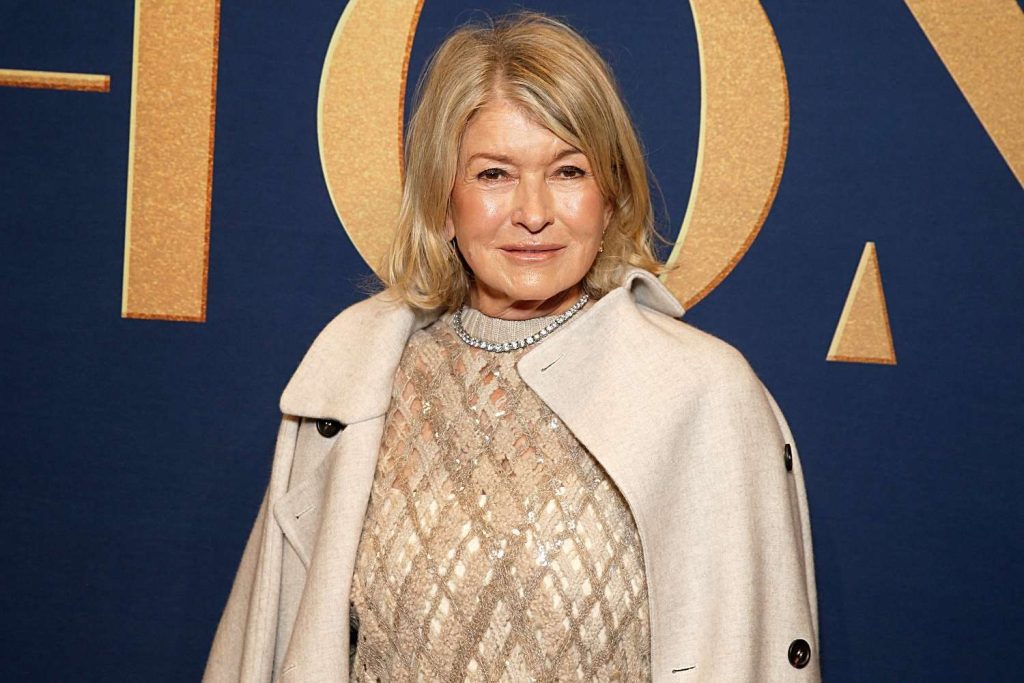
A recent viral image featuring a satirical quote attributed to Martha Stewart has ignited discussions about gender inequality in media and justice systems. The fictional TED Talk excerpt reads: “Hi, I’m Martha Stewart, and I’m here to remind you that if a successful woman takes advantage of an investment tip, the press destroys her, and the court throws her ass in prison. But if a six-time-bankrupt felon with sieg-heiling supporters and a hard-on for Russian tyranny does it, the press elevates him to Crazy Wizard of Our Times, and nothing else f***ing happens. Thank you for coming to my TED Talk.”
Martha Stewart, a renowned American entrepreneur and television personality, became a household name through her lifestyle empire. However, in 2004, she faced a high-profile legal battle, resulting in a five-month prison sentence for insider trading after acting on a stock tip. The satirical quote leverages her experience to highlight a perceived double standard in how society judges successful women versus controversial male figures.
The “six-time-bankrupt felon” described in the quote appears to reference a polarizing political figure often associated with multiple bankruptcies, ties to Russian leadership, and extremist supporters. The term “sieg-heiling” alludes to Nazi-era salutes, suggesting radical ideologies among the figure’s followers. Meanwhile, “Crazy Wizard of Our Times” mocks the media’s tendency to glorify such individuals despite their questionable actions, contrasting sharply with Stewart’s harsh treatment.
Though the quote is not a real TED Talk speech, its biting commentary resonates with ongoing conversations about systemic biases. Stewart’s case was heavily publicized, with media outlets often portraying her as a fallen icon, while some male counterparts with more egregious histories have faced less scrutiny and even garnered praise. This disparity underscores broader societal issues, where women in power are often held to stricter standards than their male peers.
The viral image has sparked mixed reactions online. Some praise its sharp critique of gender inequity, with comments like, “This sums up the double standards perfectly.” Others argue it oversimplifies complex issues, noting that legal accountability should apply equally, regardless of gender. Nonetheless, the satire has reignited discussions about how media narratives and legal consequences disproportionately affect women in the public eye.
Martha Stewart, now 83, has not publicly commented on the viral quote. However, her past reflections on her legal ordeal reveal the toll it took on her legacy. The fictional “TED Talk” may not be her words, but it amplifies a real conversation about fairness, power, and gender in modern society. As debates continue, the quote serves as a stark reminder of the challenges women face in navigating success and scrutiny.


